GRAMMAR WITS
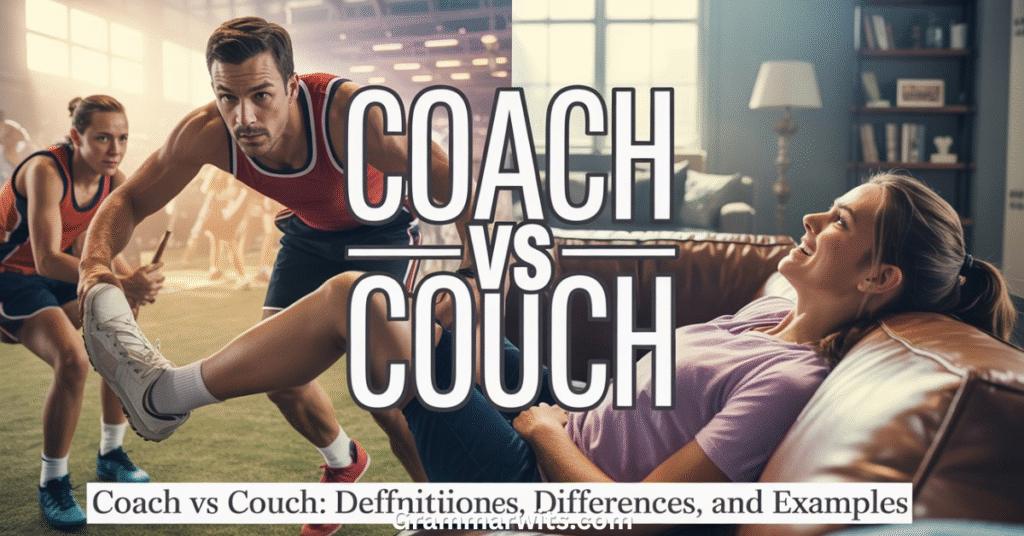
GRAMMAR
Coach vs Couch: Definitions, Differences, and Examples
“Coach vs Couch” explores two deceptively similar-looking words that have completely different meanings. A coach typically refers to a person...
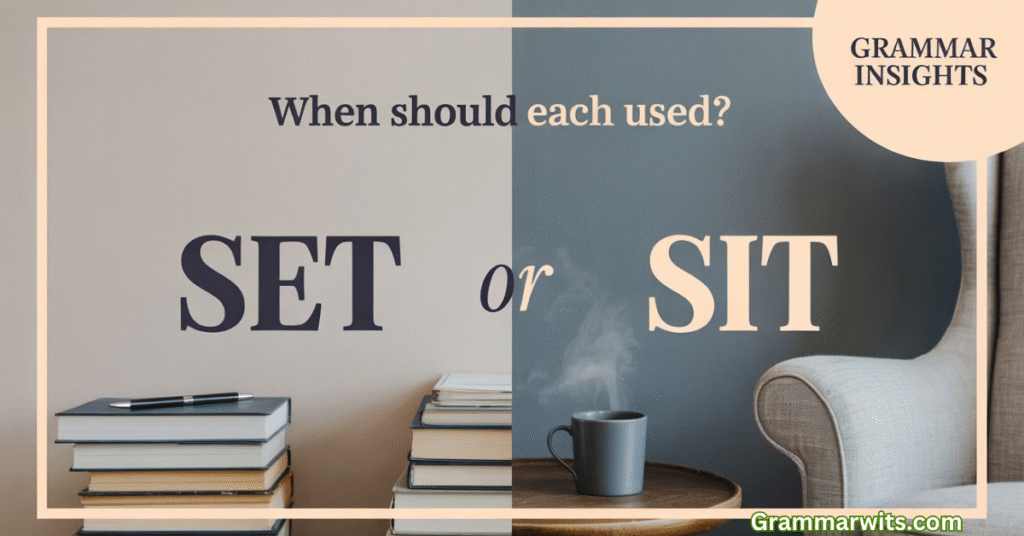
GRAMMAR
Set or Sit: When Should each be Used?
“Set” and “sit” are two commonly used verbs in English that seem similar but differ significantly in meaning and usage....
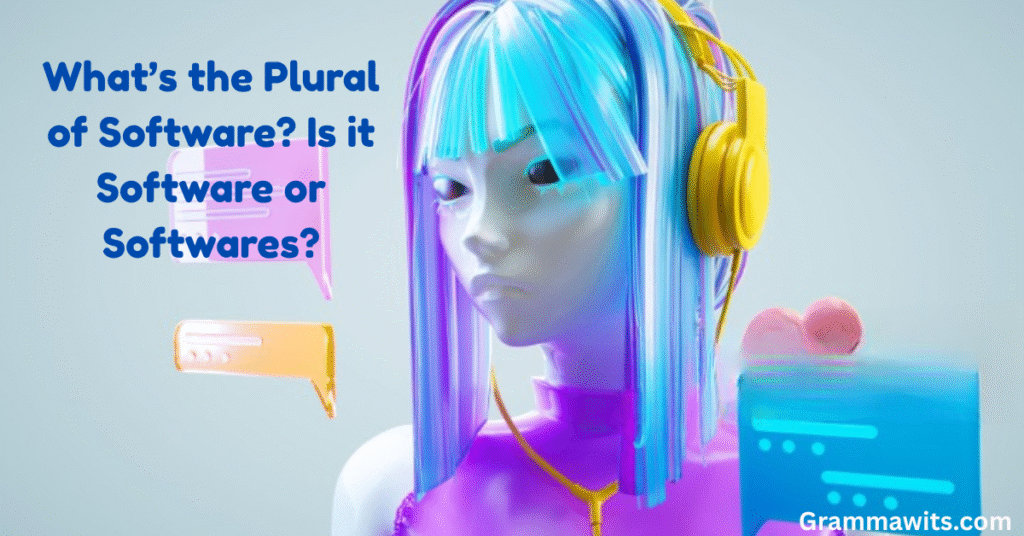
GRAMMAR
What’s the Plural of Software? Is it Software or Softwares?
Ever wondered if you should write “software” or “softwares” when referring to multiple programs? You’re not alone. This grammatical usage...
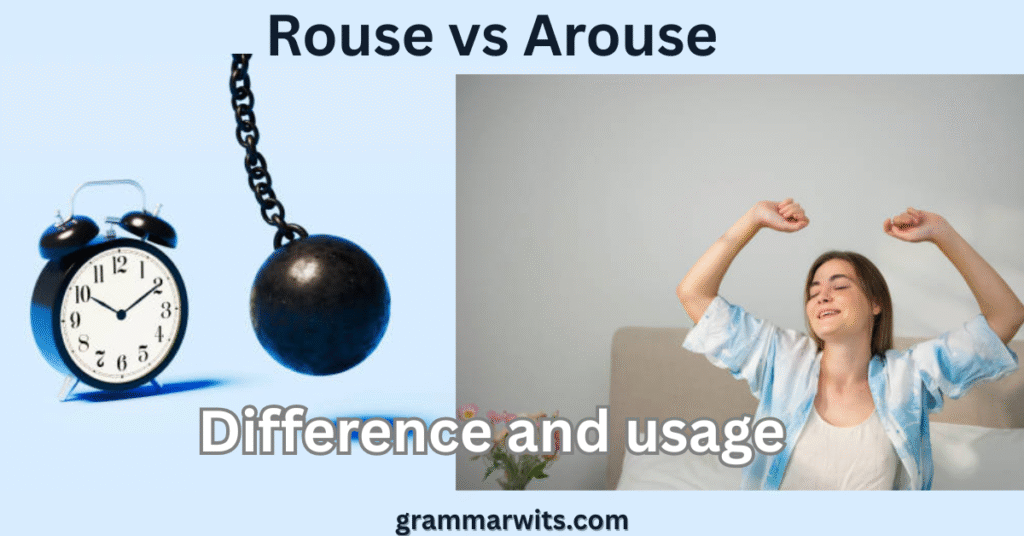
GRAMMAR
Rouse vs Arouse: What’s the Difference and How to Use Them
“Rouse” and “arouse” are two English verbs that share similar sounds and roots but differ significantly in meaning and usage....
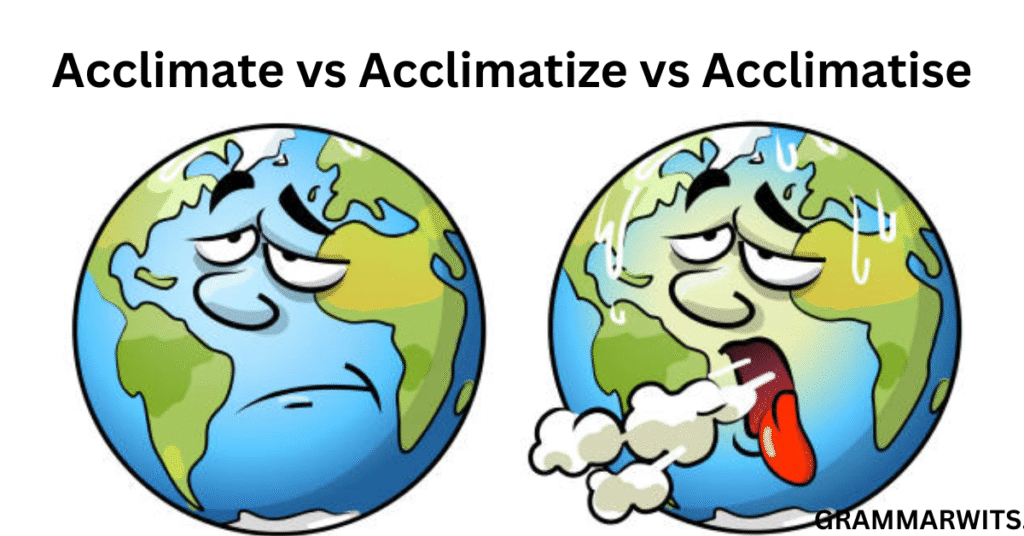
GRAMMAR
Acclimate vs Acclimatize vs Acclimatise: Pick the Right Verb
Acclimate vs Acclimatize vs Acclimatise are verbs that all refer to the process of adapting to new environmental conditions—be it...

GRAMMAR
What is the Plural of Chief? Chiefs or Chieves?
Introduction The phrase “What is the Plural of Chief—Chiefs or Chieves” refers to a common grammatical query that often confuses...
![Excel or Excell: What is the Correct Spelling? [Complete Guide]](https://grammarwits.com/wp-content/uploads/2025/04/www.grammarwits.com-16-3-1024x536.png)
FANTASY NAMES
Excel or Excell: What is the Correct Spelling? [Complete Guide]
The terms “Excell” and “Excel” might look similar, but only one holds the correct place in standard English. Excell or...
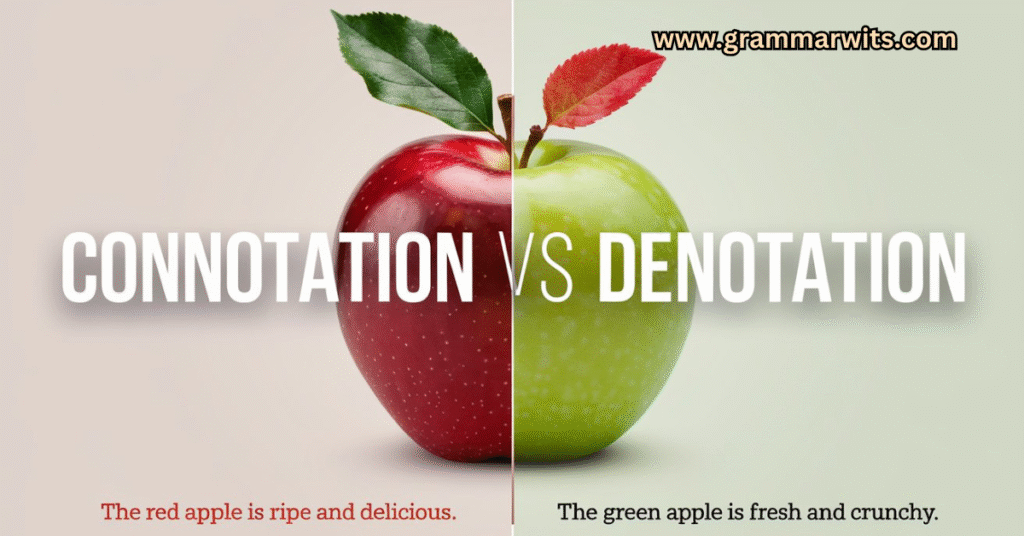
GRAMMAR
Connotation vs Denotation: Definitions, Differences, and Examples
Understanding connotation vs denotation is crucial for anyone looking to master communication, whether in writing, speaking, or everyday conversation. Denotation...
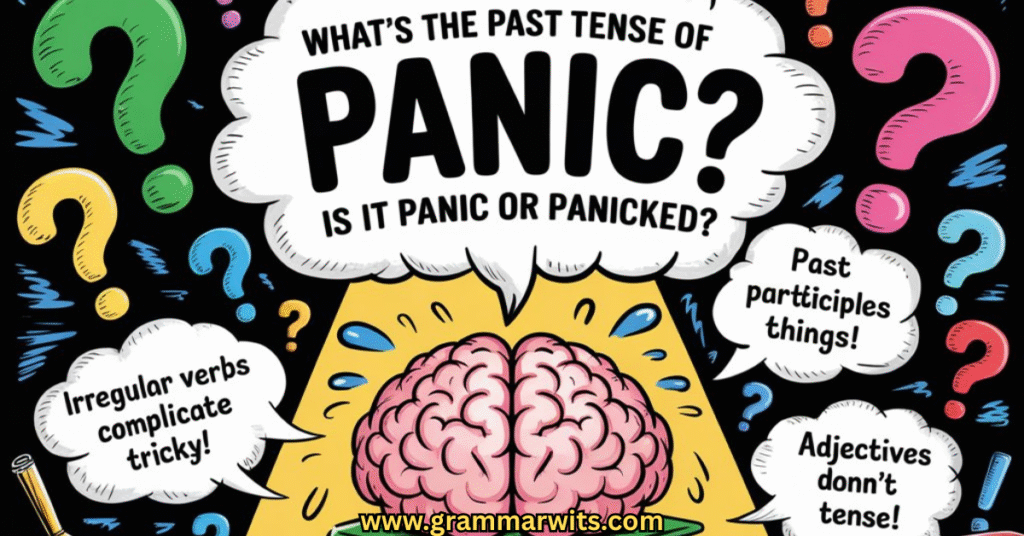
GRAMMAR
What is the Past Tense of Panic? Is it Panic or Panicked?
The phrase “What is the past tense of panic” refers to the grammatical transformation of the verb panic when expressing...

GRAMMAR
Than vs Then: Avoiding Common Mistakes in English
Introduction: The English Language’s Similar-Sounding Dilemma “Than” and “then” are two small words that often cause big confusion. Despite their...




